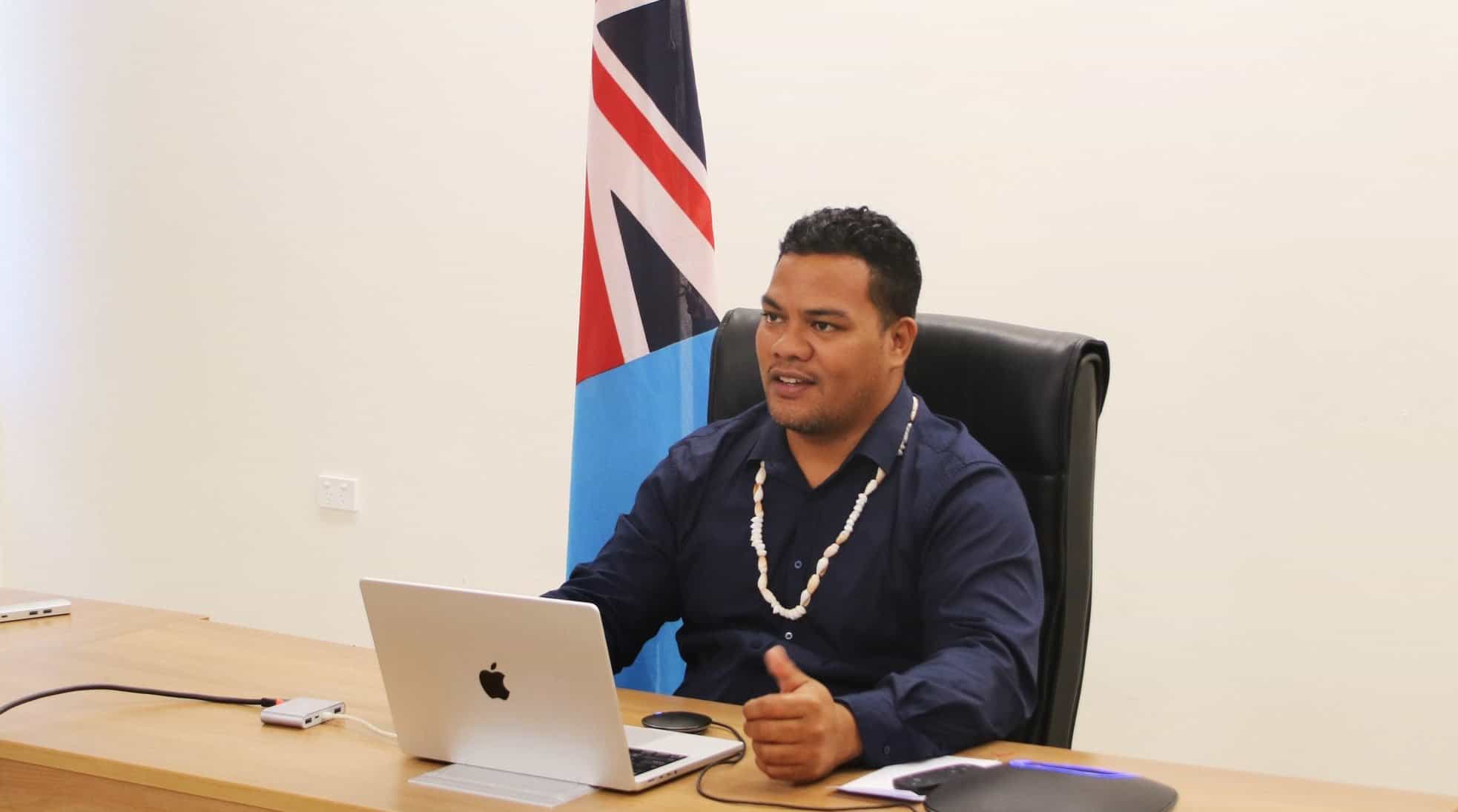In a world grappling with the complex challenges of climate change, Tuvalu’s recent adoption of a new Constitution and the unanimous endorsement of a declaration by the Pacific Islands Forum Leaders stand out as a beacon of hope and a significant contribution to international law on statehood, says former foreign Minister, Simon Kofe.
“In September this year, Tuvalu boldly declared in its Constitution that its statehood is perpetual, transcending the impacts of climate change or any other causes that may threaten its physical territory.
This declaration is groundbreaking, as it reaffirms the principle that statehood should endure, even in the face of existential threats,” he said.
Last week the Leaders’ of the Pacific Islands Forum endorsed a declaration that the statehood of its members shall continue and the rights and duties inherent thereto will be maintained notwithstanding the impacts of climate change, he said.
“It affirms that international law supports the presumption of continuity of statehood and rejects the notion of its demise due to climate change-related sea-level rise. This collective commitment from Pacific Island nations sends a powerful message to the international community”
“These developments underscore the pressing need for the evolution of international law to address the unique challenges posed by climate change. They highlight the importance of recognising and preserving the sovereignty and statehood of nations, particularly those most vulnerable to the impacts of a changing climate”.
Kofe said Tuvalu and the Pacific Islands Forum are setting a precedent that challenges the traditional understanding of statehood in international law. “They are forging a path towards a more inclusive and resilient framework that acknowledges the rights and duties of nations facing existential threats,” he said.
